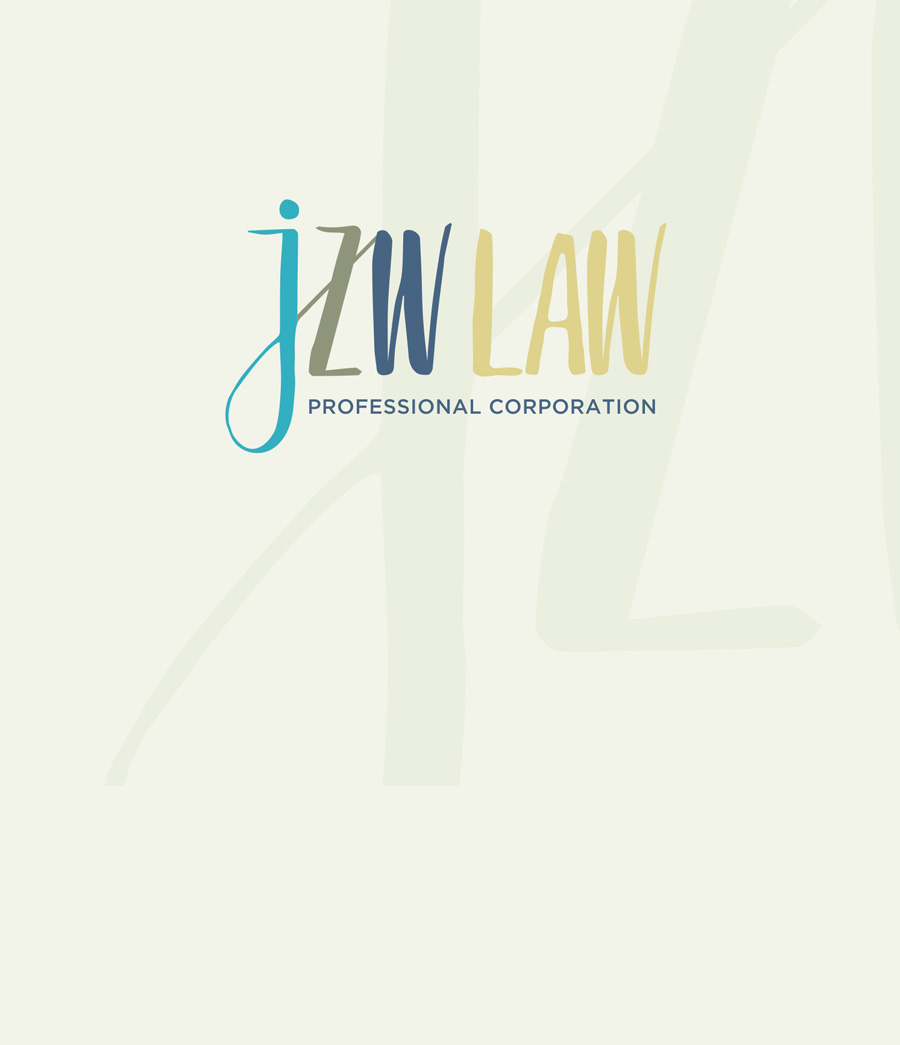
How to ensure the effectiveness of notarization? Lawyer JZW looks at the key legal points of notarization and oath from the case
I. Basic concepts and importance of notarization and oath
Notarization refers to the activity of notarial institutions certifying the authenticity and legality of civil legal acts, facts and documents of legal significance in accordance with legal procedures based on applications from natural persons, legal persons or other organizations. An oath is a promise made by the oath-taker to the law, the public or a specific object on a specific occasion, indicating that what he says is true and that he will fulfill specific obligations. In the Canadian legal system, notarization and oaths have important evidentiary effect, which can enhance the credibility of documents and statements, and ensure transaction security and the stability of legal relations.
II. Key legal points to ensure the effectiveness of notarization
Notarization must be performed by a notarial agency and notary with legal qualifications. In Canada, notaries must undergo rigorous training and assessment to obtain the corresponding professional qualifications. In a case shared by lawyer JZW, the validity of a document that was not notarized by a legal notary was questioned in court and was ultimately not adopted. Therefore, choosing a formal notarial agency and a qualified notary is the primary prerequisite for ensuring the effectiveness of notarization.
2. The actual intention and capacity of the partiesDuring the notarization process, the parties must have a genuine intention and have the corresponding capacity to act. If the parties are defrauded, coerced, or are incapable of notarization, the effectiveness of the notarization may be affected. For example, an elderly person who suffered from severe cognitive impairment notarized the disposal of his property. His children later raised objections, and the court ultimately ruled that the notarization was invalid.
3. Legality and authenticity of notarized contentThe content of the notarization must comply with the law and be true. Notarization agencies and notaries are responsible for reviewing notarized matters to ensure that they do not violate the mandatory provisions of laws and regulations. There have been cases involving false property certificate notarizations. Such notarizations are not only invalid, but the relevant responsible persons may also face legal liability.
III. Legal points of oath and case analysis
Oaths usually have specific formal and procedural requirements. In Canada, the person taking an oath generally needs to make a solemn promise and sign an affidavit before a notary public or other person authorized to administer an oath. In a commercial dispute case, the witness’s affidavit was not signed in accordance with legal procedures, and its probative value was greatly weakened.
2. Responsibilities and consequences of the oath-takerThe person who takes the oath shall be responsible for the content of his or her oath. If he or she intentionally makes a false statement, he or she shall bear the corresponding legal consequences, including but not limited to criminal charges such as perjury. For example, in a criminal case, a witness gave false testimony after taking the oath and was eventually held criminally liable in accordance with the law.
IV. Professional services and response strategies of JZW lawyer team
The JZW legal team has extensive experience in notarization and oath administration and can provide clients with a full range of legal services:
- Assist clients to select appropriate notarial agencies and notaries to ensure that the notarial procedures are legal and compliant.
- Review the contents of notarization and oath to avoid issues of legality and authenticity.
- Providing professional legal defense and solutions to clients in disputes involving notarization and oaths.
If you have any questions or need legal assistance regarding notarization and oaths, the JZW legal team will be happy to serve you.
JZW Law has an experienced team of notarization and sworn attorney. They are fluent in both Chinese and English and provide professional legal services. We specialize in handling complex property division, corporate equity, trusts, overseas assets and other related issues. We provide preliminary consultation services, and you are welcome to contact us for more information or to make an appointment for consultation.
最新文章
标签





